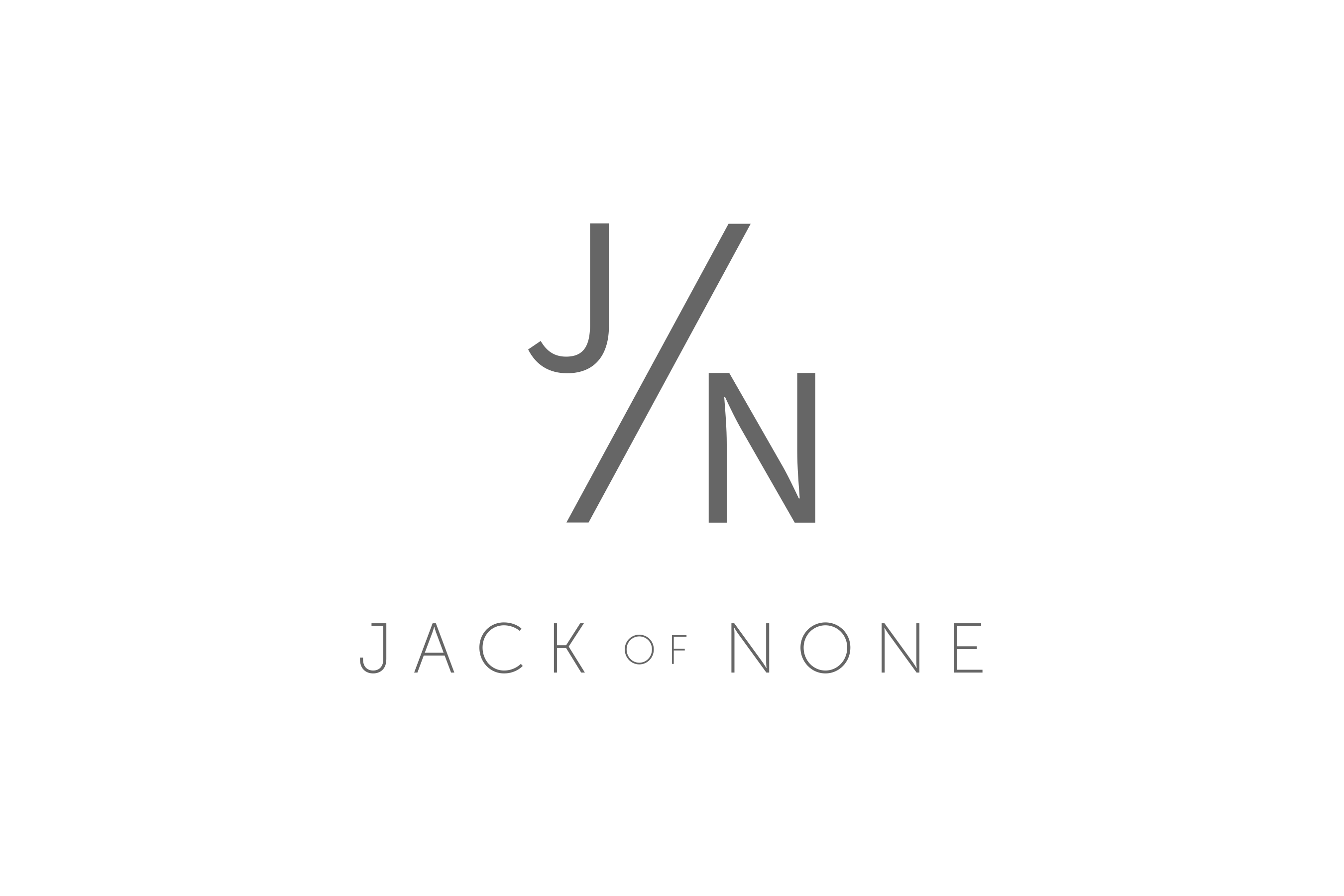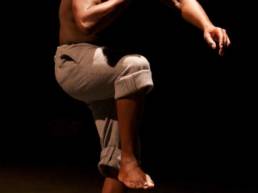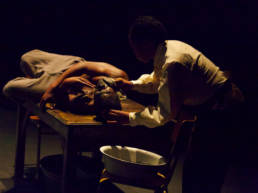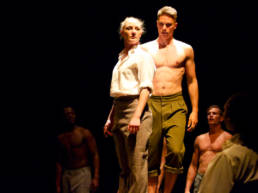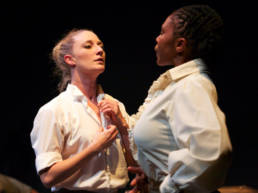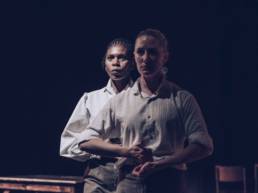in (s)kin
a choreopoem

FLEUR DU CAP THEATRE AWARDS
Best New Director

NATIONAL ARTS FESTIVAL
Standard Bank Silver Ovation Award
Writer, Director, Choreographer, Scenographer
Mbongeni N. Mtshali
Lighting Design // Kieran McGregor
Production Assistant // Bonolo Makhele
Photography // Garth Meyer & Mbongeni N. Mtshali
WORDS
Mbongeni N. Mtshali / Kai Luke Brümmer / Thembekile Komane / Ntombi Makhutshi / Jared Musiker / Julia Wilson / Louise Buchler / Gilles Deleuze / Felix Guattari / E. Patrick Johnson / Lesoko Seabe / Ben Okri / Florence Hartley / Achille Mbembe / Nikki Yeboah / Kareem Khubchandani / Cécile McLorin Salvant / Constantine Cavafy / Rae Dalven
SOUNDS
Sarah Vaughan / Madosini Latozi Mpahleni / Arvo Pärt / Dizu Plaatjies / Mzwandile Qotoyi / Rachel’s Ensemble / Meredith Monk Ensemble / Ngqoko Women’s Ensemble
IMAGES
Mbongeni N. Mtshali / Garth Meyer / University of Pennsylvania Museum of Archaeology and Anthropology / British Film Institute / SABC Archives / Musée de l’Homme / Huntley Film Archives
✯✯✯✯✯
EXILED FROM MEMORY
Mbongeni Mtshali’s in (s)kin – a review
Playwright Mbongeni Mtshali’s latest piece, now being performed at the South Africa National Arts Festival in Grahamstown, Eastern Cape, transcends the personal to become universal
Childhood is remembered in shards: segments of experience that have been shattered by time and disappointment, incapable of ever being returned to their exact original state. When those shards are held up to the light of adulthood, they are given new political and emotional hues with each remembering. This makes them infamously unwieldy raw materials for any endeavour in which fidelity to facts is important. But historical accuracy is not Mbongeni Mtshali’s mission in his latest play, in (s)kin. His ambition is much bigger, his is an exploration of those shards and a celebration of their brokenness.
The first few years at a boarding school in KwaZulu-Natal, a province of South Africa, in the 1980s is the particular aspect of childhood that Mtshali is looking at in this production. It is both a deeply personal account, complete with family tragedies that could have been penned by JM Coetzee, and a universal one. After all, the institution that forms the backdrop – a rural private school – has played a formative role in a large number of African leaders’ lives. In that sense it is also Nelson Mandela’s story, or Robert Mugabe’s.
Mtshali, who wrote and directed the piece, weaves elements of physical theatre with poetic monologues and archival video to create a work that is truly beautiful and somewhat ephemeral – like memory.
An education that is identity-changing
It begins with scenes in which the narrator, Thembekile Komani, recalls being driven to the school for the first time by his stoic father. “The drive represented a passage between one world and the next,” says Komani. They drive past men who have “grown old before their time” until they reach a palatial school complex that would change him forever. What ensues is a slow and almost imperceptible acculturation as the young boy, one of only three black attendees, is sucked into Africa’s education industrial complex.
“ The young boy…is sucked into Africa’s education industrial complex. ”
Immediately he is thrown into physical training, or PT, as it is known in these kinds of schools. Soon there is much shirtless play-fighting with the other boys as his sexuality peeps out from under his well-guarded defences. Intricately choreographed dance sequences depict these moments: they start out as carefree, then become erotic and finally morph into intense expressions of need. Jared Musiker, the répétiteur of these sequences, does an incredible job of creating mesmerising routines that both allude to the brutishness of rugby while retaining a legato sensuality.
The theme of bodies reappears when Mtshali’s mother, played by the regal Ntombi Makhutshi, combs her fingers through a pile of dirt – no doubt a reference to the state to which our bodies all return.
Becoming unrecognisable
When the boy returns home for the holidays, his father does not recognise him. At first it seems that the school has changed him so much. Later we discover that it is because the father has Alzheimer’s disease – he has been “exiled from his memories”. And so both characters are faced with an indefatigable assault on their identity – one brought on by disease, the other inched along by well-intentioned teachers and biased history books.
“ It is difficult to watch the play and not think of the calls for decolonised education that have been echoing around South African university campuses…”
The script makes the subtle argument that this kind of education is a bait-and-switch: Offering access to and credibility within a white man’s world, but instead providing alienation from all worlds that Mtshali once inhabited. The most obvious indication of this is that he has lost command of his mother tongue.
It is difficult to watch the play and not think of the calls for decolonised education that have been echoing around South African university campuses over the past few years. Many students have grown impatient with the ways in which current syllabi are hostile to indigenous African identities and cultures. Given this context, in (s)kin is not merely a poetically choreographed memoir but a stirring call for reform.
TL Andrews,03 July 2017. This Is Africa.
✯✯✯✯✯
EXCITING AND FRESH
[…] In in (s)kin, gutsy sweat and grunt return to physical theatre from a young committed cast. It looks at writer-director Mbongeni Mtshali’s experience of being one of only three black children at a private boys’ boarding school in the 80s. Mtshali has used the full package of dance, video projection, and prose poetry. The core of the work is a fascinating mix of traditional physical theatre started at festival in the 90s by Gary Gordan with Juanita Finestone-Praeg and others in First Physical Theatre Company but bringing in the new tech and issues.
Politically, the exploration of language, gender, cultural incorporation and social exclusivity is new and raw, and the brutal slapping of muscle on muscle, especially lead performer Thembekile Komane’s final dance scene, where he hurls himself to the floor, is pure retro physical theatre. It is dangerous, painful to perform and watch and it is awesome. There is a problem with the prose with some projection required. The lines seemed to run into one another so quickly that contact with the whole became patchy.
But the philosophical examination of skin-on-skin, race, class, sexuality and soil was exciting and fresh.
Mike Loewe, 02 July, 2017. The Critter.
✯✯✯✯✯
PROVOCATIVE NEW WORK
[…] The double bill programming of the New Voices programme means that the second show of the evening draws a smaller audience as many leave during interval. Despite that the auditorium was filled with the presence created by this troupe of actors and dancers on stage. The text is sublimely beautiful, a choreopoem which takes language and creates a musical score to which the movement unfolds. Mtshali has used the experience of being one of only three black students at a private boy’s boarding school in Natal in the 1980’s. The memories he evokes are so vivid you breathe chalk dust and the rarefied atmosphere, feel the pulsating energy of pubescent men exploring their own identities and that of the world around him. Feeling “no longer ourselves” he echoes the themes of multiculturalism introduced in Syria.
Holding on to hope like “an upside down teacup” the poignancy of the poetry is heightened by the narrator played by Komane who is beautiful in this role. Audiences may be more familiar with his dance work but he claims centrestage here with a certainty that is entrancing. Musiker has enjoyed a successful month following the critical claim enjoyed by his piece, #Ballet Must Fall which was awarded silver in the Fresh Production category at the Cape Town Fringe Awards, and he brings a playfulness to his role.
The cast may be dressed with a uniformity, khaki pants and white shirts so reminiscent of private school attire, but each individual performance is striking. At the heart of the play the young man returns to the memories of his childhood, to a time when his mother tongue left him without warning. Makhutshi, his mother is a grieving widow, holding her grief in check with a regal forbearance. There is a moment where she pours sand through her fingers, recalling the particles in an hourglass as time slips away. She builds a tomb- like mound of dust, a reminder of where we all return. She creates another human and seems to breathe life in to it, a reminder that everything, even a lost language is salvageable.
It is a quietly tragic performance where the sheer weight of multiple grief is shared so eloquently with very few words. In sharp contrast are the writhing and contorting bodies on stage, indicative of the inner turmoil of a young man, mesmerizing as the choreography flirts with the acrobatic. The four boys bristle with testosterone, the macho sports culture of high school concentrated in a sequence of planks and rugby tackles. It is difficult to say which is more powerful, the prose or the movement but the perfection of this piece is that they don’t compete but combine seamlessly to draw you in to an unforgettable experience.
The aim of New Voices is “to resuscitate the essence of our nation through excellence in theatrical performances of our stories. These are voices of our common narratives and individuals’ memories that have been deprived of resources, dignity and have, in the past, been under appreciated.” A bold initiative.
Tracy Saunders, 25 October 2016. Cape Times.
